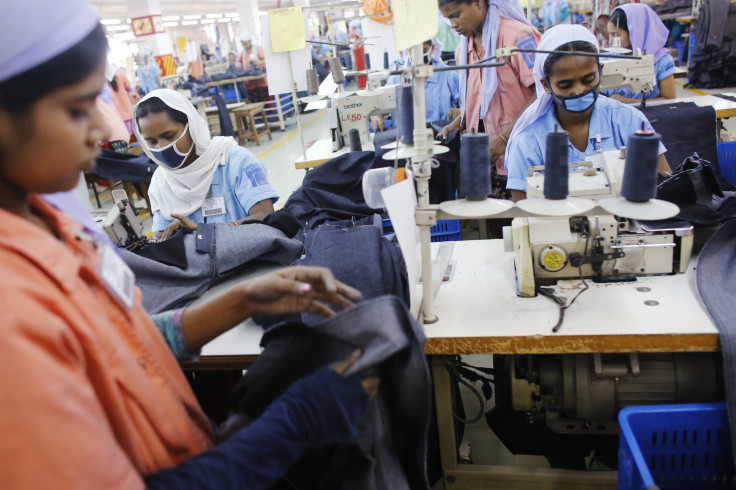Wal-Mart Audit, Following Rana Plaza Accident, Finds Safety Issues At Bangladesh Factories

An ongoing audit conducted by Wal-Mart Stores, Inc. (NYSE:WMT) found safety issues at some of the Bangladeshi factories from where it sources garments, although most of the factories were found to have made improvements since the inspections began.
The Bentonville, Ark.-based retail giant had launched an investigation in May to raise working standards and safety conditions in its Bangladesh supply chain constituting 279 factories, and had hired Bureau Veritas to carry out audits, in the aftermath of the Rana Plaza garment factory building collapse on April 24 that killed more than 1,100 workers.
“Of these, 32 [factories] had failures in their initial inspections, but all but two have since addressed those issues,” a Wal-Mart spokesperson told Reuters on Sunday.
Wal-Mart has released separate inspection reports of 75 factories, and the rest of the reports will be posted as they are completed.
The company had said in May that it “expects that the costs of appropriate remediation and ongoing safety investments to be appropriately reflected in its costs of goods purchased,” adding: “The company is also increasing the pace and frequency of follow up inspections in all Bangladesh factories, with visits taking place every two months to ensure both compliance and progress.”
Last week, the Bangladeshi government approved a 77 percent raise in the minimum wage for the country’s garment workers to 5,300 taka ($68) after months of labor unrest and violence.
The new minimum wage will come to force from Dec. 1, Labor Minister Rajiuddin Ahmed Raju said in Dhaka on Nov. 14.
Bangladesh, which has one of the world’s lowest wages for workers, is second to China in garment export, and has about 4,500 garment factories that manufacture clothes for foreign brands based in the U.S., Canada and Europe.
© Copyright IBTimes 2024. All rights reserved.





















